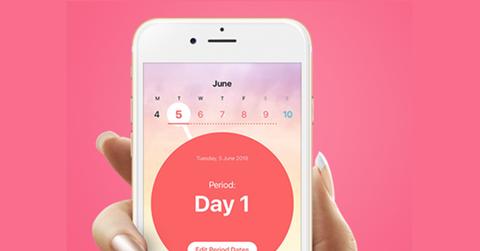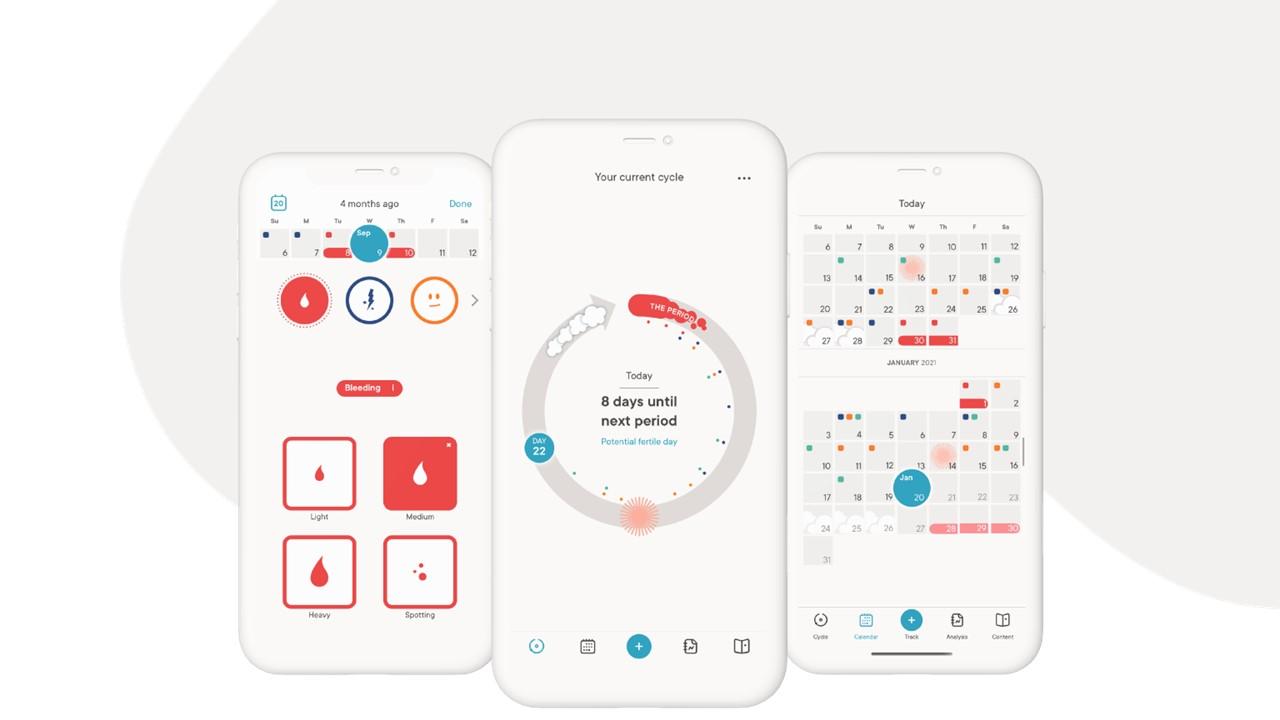The U.S. Government Could Track Your Period App Data
In a post-Roe v. Wade society, period tracking apps may no longer be safe. Is the government tracking period app data? Here's what users need to know.
June 27 2022, Published 12:20 p.m. ET
In 22 U.S. states, abortion is criminalized to some degree. More states may be joining the bandwagon after the Supreme Court decided to overturn Roe v. Wade on June 24. Meanwhile, women and people with uteruses have been lowering their profile by getting off of period tracking apps, which they fear may succumb to government tracking.
The U.S. government hasn't tracked period apps yet. However, it could potentially weaponize app-based period tracking by targeting people with a period cadence that signals a potential abortion.
Are period tracking apps selling users’ menstrual data?
Period tracking apps like Flo and Clue boast tens of millions of users, but many are deleting their apps out of fear the government will track the data.
Popular menstrual tracking apps often vocalize that they prioritize privacy. Clue shares anonymous data with “carefully vetted researchers to advance female health studies,” but doesn't share data with advertisers or other third parties. Flo says it will “never share your health data with any company but Flo” but does use de-identified data for research purposes.
Period tracking app Stardust went even further. The company announced on June 26 it will offer end-to-end encryption, reportedly making it the first period tracking app to do so. Stardust founder Rachel Moranis said, “What [encryption] means is that if we get subpoenaed by the government, we will not be able to hand over any of your period tracking data. [...] It is completely anonymized from your login data. We can't view it. You are the only person that can see this.”
However, Stardust has also vocalized in its privacy policy that it will voluntarily hand over “anonymized, encrypted information” to third parties in order to protect itself.
While period apps make some sort of attempt at protecting users, the long and short of it is that their efforts may not be enough. Companies headquartered outside of the U.S. in abortion-secure countries could be the safest option, considering the U.S. government can't force non-U.S. companies to hand over data when they don’t trade on the stock market. That’s not yet a reality — even Clue, based in Germany, stems from a nation where abortion is illegal in many cases.
Period tracking apps may not be safe in a post-Roe v. Wade era.
Even end-to-end encryption isn't enough to truly protect period tracking app data in the event of a government subpoena or request. It’s great that popular period apps don’t overtly sell user data, but that doesn’t mean the government can't access it at any time.
Those who support encryption and data protection say, “Encryption is an existential anchor of trust in the digital world.” Others in the government are against encryption as it could feed channels of crime. At this point, a period tracking app featuring end-to-end encryption could be considered more secure than those without encryption, but that isn't to say users are safe. With abortion criminalized, a fight against contraception, data, and more could potentially ensue.
People across the world are calling for others to delete their period tracking apps. Some have even gone so far as to keep the date of their last period private when asked by an OB/GYN. Alternative solutions include manual period tracking in a private chart.


